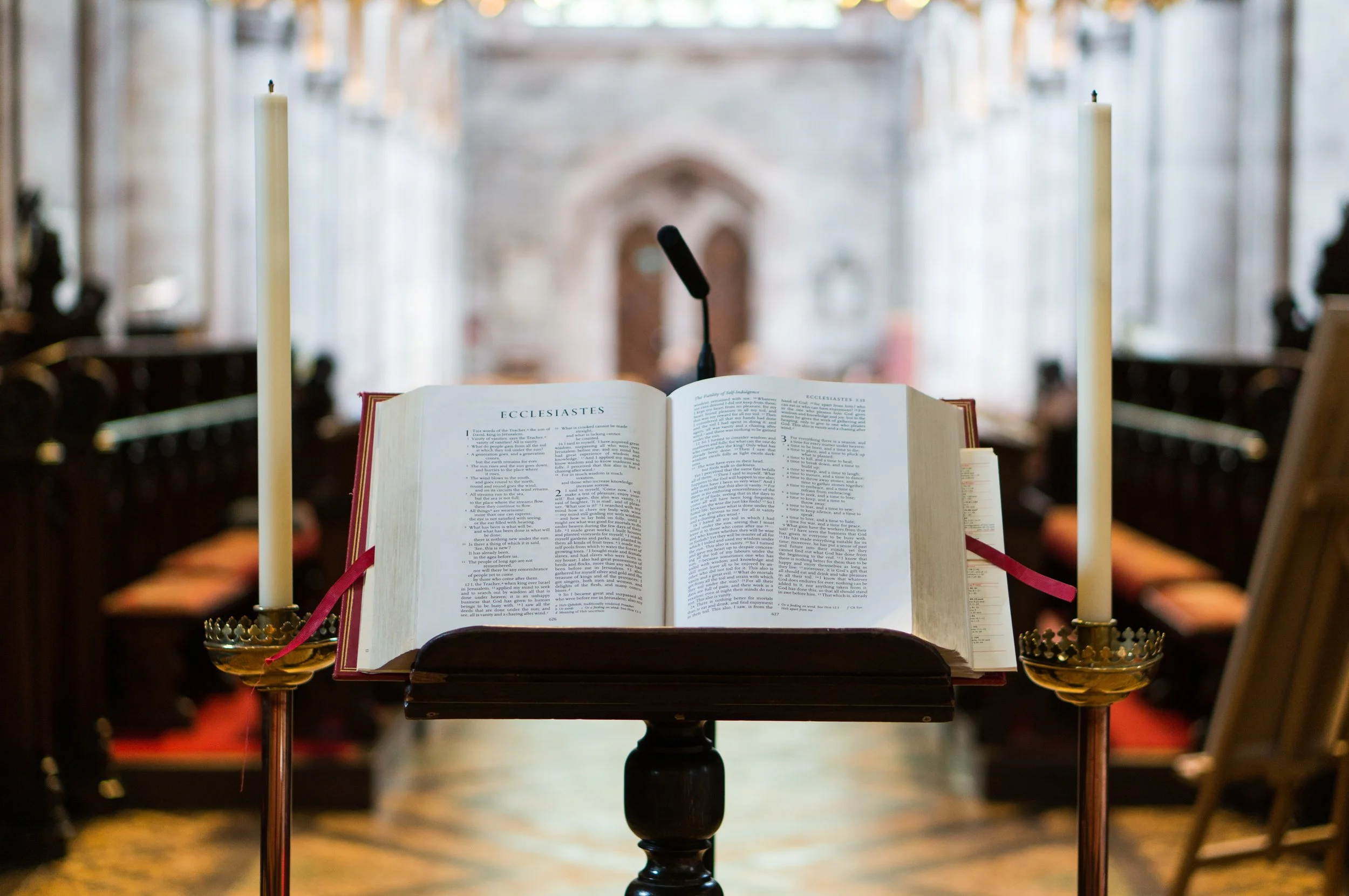Confirmation is the sacrament by which Catholics receive a special outpouring of the Holy Spirit. Through Confirmation, the Holy Spirit gives them the increased ability to practice their Catholic faith in every aspect of their lives and to witness Christ in every situation.
Do candidates need a Confirmation name?
Candidates may use their baptismal name or another Christian name when receiving the Sacrament of Confirmation. A Christian name would be the name of a Saint or Blessed. Derivatives of names (Kelly for Catherine; Jenna for Genevieve) or Old Testament names are also appropriate. Candidates may use their first or second names if they are Christian names, or they may select a new Christian name. The candidate should know the relationship of the name to the religious Christian tradition. Exceptions can be made if a particular non-Christian or family name has significant meaning for a candidate that can be articulated to the (Arch)bishop. Most importantly, candidates should be encouraged to learn about their patron as part of their preparation for the sacrament and should particularly focus on the virtues of their patron they wish to emulate.
Is a Confirmation retreat required?
According to the Sacramental Guidelines from the Archdiocese of Milwaukee: “The retreat is integral to a candidate’s preparation and is not to be omitted without serious reason.”
What is the age for Confirmation?
The revised Rite of Confirmation and the Code of Canon Law call for the conference of bishops to designate the age when Confirmation will be celebrated. The National Conference of Catholic Bishops has decreed that the sacrament of Confirmation “shall be conferred between the age of discretion, which is about the age of 7, and 18 years of age, within the limits determined by the diocesan bishop” (July 1, 1994 NCCB General Decree). The Archdiocese of Milwaukee has determined that Confirmation should be celebrated at approximately the age of 16 or when the candidate is in the 11th grade.
Why isn’t Confirmation celebrated at the Catholic high schools instead of at the parish?
The parish is the center for all sacramental initiation and is the place where adult faith is lived out. Therefore, the Sacrament of Confirmation is a process and celebration which takes place within the Parish Community.
Does one need to be confirmed prior to marriage?
Confirmation should be celebrated before the sacrament of marriage, if possible. If one has not been confirmed and requests marriage, then Confirmation should be celebrated if the person can adequately be prepared.
What are the requirements for the Confirmation sponsor?
Sponsors must:
o Be designated by the one to be confirmed
o Be at least 16 years old
o BE A CONFIRMED, PRACTICING CATHOLIC who is a registered member of a parish and leads a life in harmony with the faith and the role to be undertaken
o Not be bound by any canonical penalty legitimately imposed or declared;
o Not be the father or mother of the one to be confirmed .
o Be present at the celebration of Confirmation. “As far as possible a sponsor for the one to be confirmed should be present; [at the celebration of Confirmation] it is for the sponsor to see that the confirmed person acts as a true witness to Christ and faithfully fulfills the obligations connected with this sacrament” (c. 893).
What if my sponsor can’t be present at the Confirmation ceremony?
A proxy may fill in for a sponsor who is unable to attend Confirmation. The name of the proxy must be reported to the Catholic Formation office at least two weeks before the Confirmation ceremony takes place.
May a candidate have more than one sponsor?
Candidates may have more than one sponsor, however only one should be designated as the liturgical sponsor who will present the candidate for Confirmation.
May parents be sponsors?
While parents are not to serve as sponsors, their role in the faith development of their children is not to be underplayed or minimized.The 1983 Code of Canon Law has altered the practice of permitting parent sponsors. Two reasons are:
o The sponsor is seen as someone who assists parents in their obligation to raise their child in the faith, especially in the event the parents are unable to perform this function
o The sponsor represents the larger Church, the entire community of believers.
Can Confirmation be refused to those who request it?
Confirmation can be refused to those who have not reached age 16, who are not prepared or who are not properly disposed (cf. c. 889).
Source: lumenchristiparish.org
